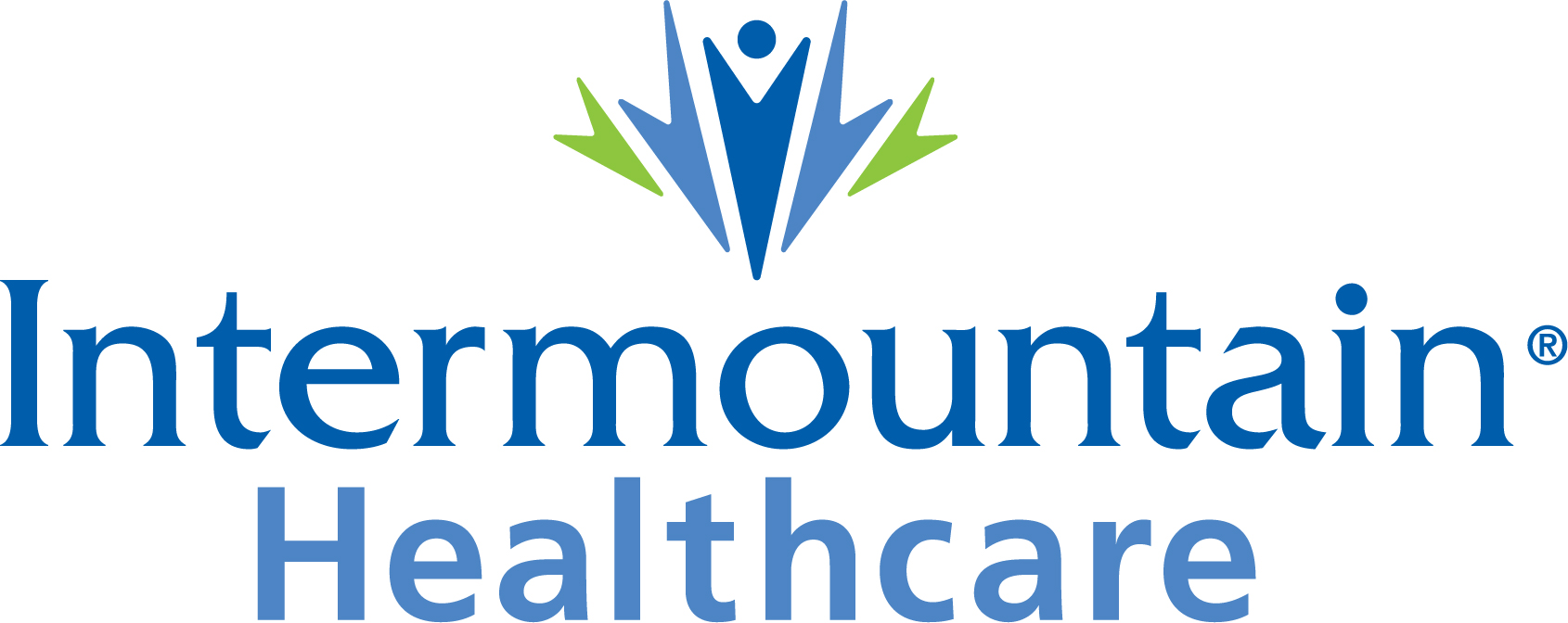Supporting Kids with Autism
Industry: Healthcare
Intermountain Primary Children's Hospital program helps kids with developmental disabilities have a better hospital experience which results in better outcomes.
Salt Lake City, UT (PRUnderground) January 23rd, 2023
Primary Children’s Hospital is starting the Adaptive Care Program to help kids with developmental disabilities, including autism, have a better hospital experience – and resulting health outcomes.
Some of the guiding principles of the program can help people better understand, accept and accommodate kids with autism in their schools, workplaces and communities.
“Research shows that parents of children with autism and other disabilities frequently report their children have difficulty in the hospital setting. We wanted to change that,” said Emmy Minges, a child life specialist at Intermountain Primary Children’s Hospital who is leading the pilot with Dr. Paul Carbone, the medical director at the University of Utah Child Development Program at Intermountain Primary Children’s Hospital. “The adaptive care program is in the pilot stages, and we are hopeful that this could be a game changer for patients and families.”
Child life specialists are experts in child development who works to ensure that life remains as normal as possible for children in the health are setting.
Minges has worked as a child life specialist in the emergency room for several years, and discovered that a varied approach to care, communication and support often helps children with disabilities cope. She and Dr. Carbone hope to identify and standardize best practices through the adaptive care pilot.
The pilot is designed to help patients age 3 years and older who have difficulty coping and cooperating in clinics and the hospital as a result of their disabilities.
Healthcare providers receive tools to identify how children with disabilities communicate and learn, their stressors, and how to support them. An adaptive care plan is created by the family and shared with the healthcare team to support the child throughout their hospital or clinic experience, beginning at check-in.
Adaptive care plans might include dimming lights or providing an alternative waiting area to minimize sensory input, modeling a medical procedure on a parent first, or communicating with a patient through pictures or by kneeling to talk with them at eye level, Minges said.
“No two people are the same, and some children have hidden disabilities, like autism that influences the way they interact with people and the world around them. But disability is one characteristic of a person, it’s up to us to appreciate their differences,” Minges added. “This is a key concept that can help people better understand and connect with kids with disabilities in the community as well.”
Minges offers the following tips to help teach children to be supportive of peers with developmental disabilities:
- Use clear, respectful language when talking about a person with a disability to your child. Example: “She uses a wheelchair because some parts of her body don’t work in the same way as your body.”
- Teach that we all have different likes, aspirations and goals, but everyone wants friends.
- Know that making a joke about someone always hurts.
Books and shows that portray kids with disabilities, such as Sesame Street and the book “Wonder,” by R.J. Palacio, also can be helpful.
More information is available at PrimaryChildrens.org.
About Intermountain Healthcare
Headquartered in Utah with locations in eight states and additional operations across the western U.S., Intermountain Healthcare is a nonprofit system of 33 hospitals, 385 clinics, medical groups with some 3,900 employed physicians and advanced care providers, a health plans division called SelectHealth with more than one million members, and other health services. Helping people live the healthiest lives possible, Intermountain is committed to improving community health and is widely recognized as a leader in transforming healthcare by using evidence-based best practices to consistently deliver high-quality outcomes at sustainable costs. For more information and updates, click here


